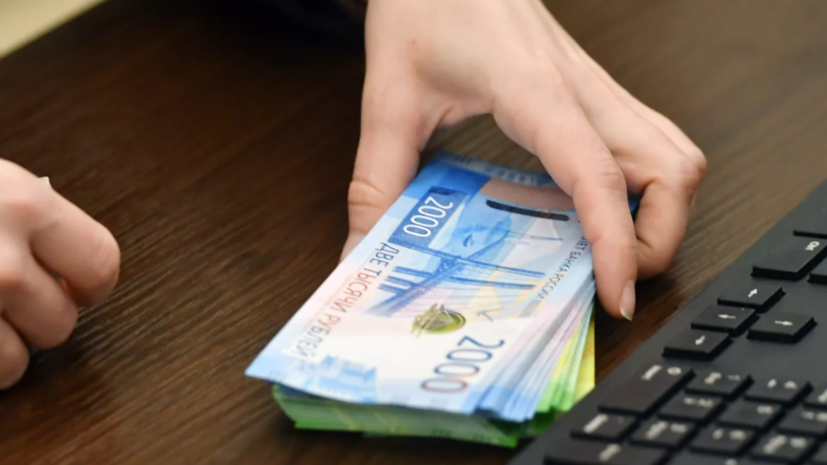“We observed discussions about the optimal exchange rate of the Russian currency for the Russian economy and saw different opinions... If we talk about the exchange rate of any national currency in any country, then a very strong currency is beneficial to the consumer and those sectors of the economy that are oriented towards the import component” Ginko explained.
At the same time, he noted that a strong ruble "slows down the competitiveness of the Russian economy."
“But I would like to note that our strong ruble allows us to transfer part of the production to friendly countries.
That is, we can transfer some value chains to China, India and other countries that do not support Western sanctions,” the economist said.
In conclusion, the interlocutor of RT recalled that the sanctions are imposed by those countries that now account for a smaller share of world GDP.
“It turns out that the United States and the EU countries have less GDP than the BRICS countries: Brazil, Russia, India, China and South Africa, plus those countries that want to join,” Ginko said.
Earlier it became known that the euro at the beginning of trading on Wednesday exceeded 66 rubles.
The dollar rose above 64 rubles.

